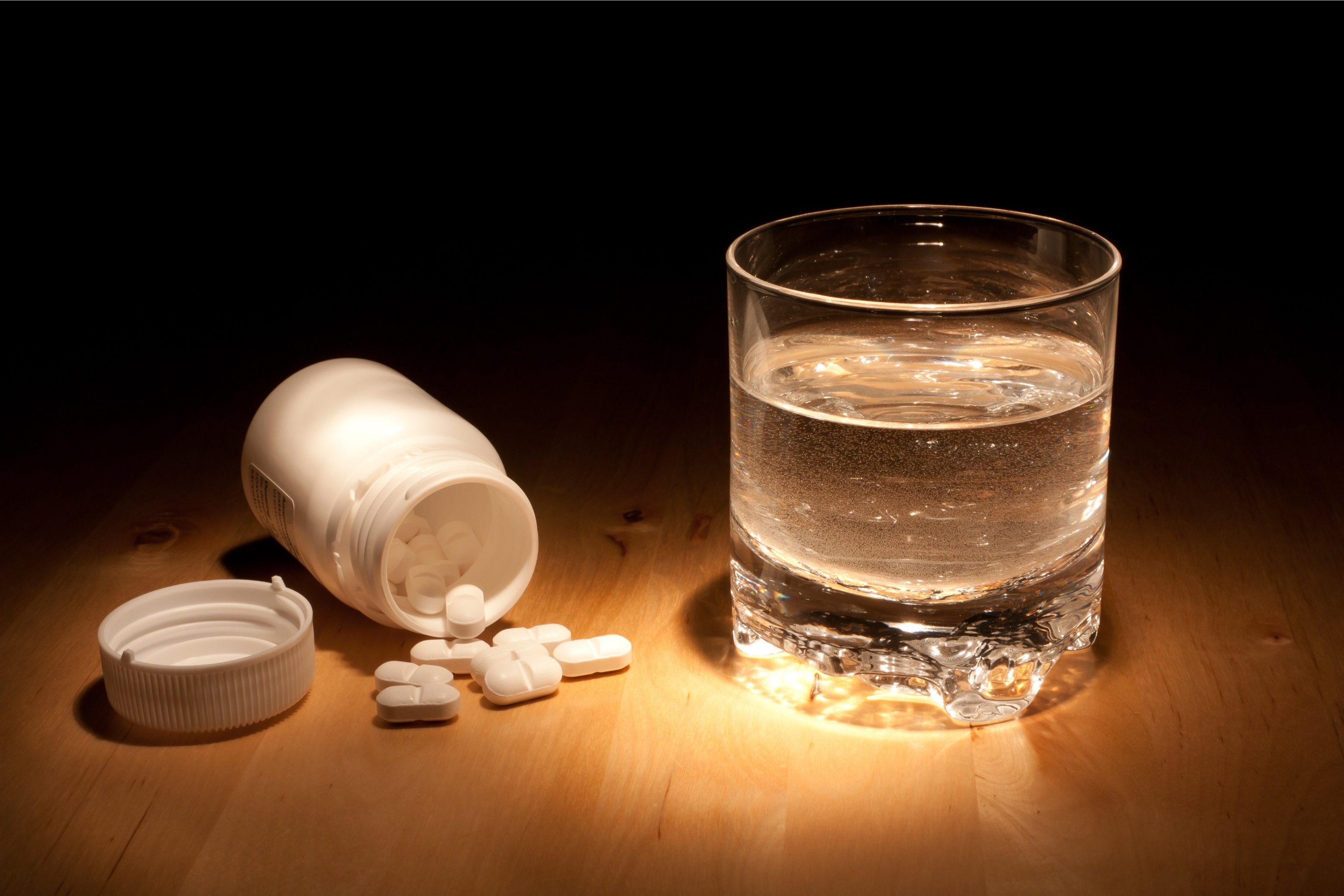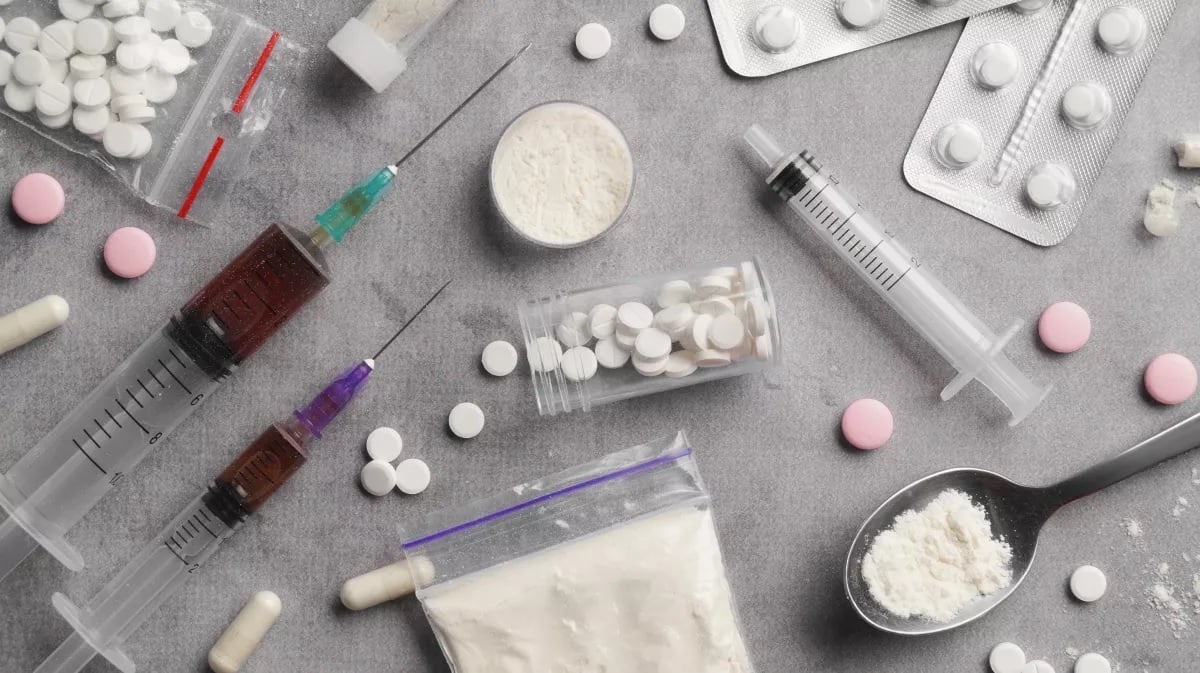The terms “hard drug” and “soft drug” are typically used to distinguish between socially acceptable drugs (soft) versus those that are not (hard). Often, these labels also attempt to classify the type of drug that carries a high potential for drug addiction (hard) versus those that do not (soft). However, as we will explain, this binary is not so easily defined. Below, Avenues Recovery, leading addiction rehabilitation specialists, explain why the difference between hard drugs vs. soft drugs is unclear, giving examples for each.
What Are Hard Drugs?
Hard drugs are considered more harmful and pose greater risks of addiction, overdose, and physical side effects compared to soft drugs.
List of Hard Drugs
The following are examples of hard drugs:
- Cocaine
- Methamphetamine
- Amphetamine
- Heroin
- Opioids
- MDMA/Ecstasy
- LSD/Acid
- Psilocybin/Mushrooms
What Are Soft Drugs?
Soft drugs are substances considered to have a lower potential for harm, addiction, and negative social consequences compared to hard drugs.
Soft Drugs Examples
Some examples of soft drugs include:
Depending on who you ask, the items listed here may vary. For example, some people consider marijuana a hard drug because it's very addictive, whereas others consider it soft due to its relative safety. This example illustrates that it’s unclear which drugs are hard and which are soft.

Safety of Hard Drugs vs. Soft Drugs
Although these terms are often bandied about, there is no clear, scientific distinction between “hard” and “soft” drugs. Rather, it’s an arbitrary way to label “unsafe” and “safe” drugs.
But what exactly makes a drug safe, especially for long-term use? The answer to this question depends on factors like dosage, frequency of use, and method of administration.
One of the reasons why certain drugs are considered “hard” is because they can be snorted and thus produce a really intense trip. However, recently certain strains of marijuana have been genetically engineered to be stronger, longer-lasting, and more dangerous. Can we still say, then, that weed is “soft,” if it causes a psychoactive high comparable to that of hard drugs like meth or cocaine?
Using Soft Drugs in a Hard Way
Soft drugs can be used in a “hard” way. The most common example of this is binge-drinking. Alcohol, when consumed in moderation, isn’t habit-forming or particularly harmful, but once that consumption becomes excessive, alcohol can be a very “hard” substance indeed.

It’s also difficult to ignore the social stigma that comes with the mention of hard drugs — like meth, cocaine, and heroin — and not soft drugs. Alcohol, weed, and tobacco are almost like social lubricants — they smooth social interactions and thus are socially acceptable. Hard drugs, on the other hand, are seen as hedonistic and uncontrollable, hence the stigma that surrounds addiction.
Medical professionals agree that this binary classification is not scientifically accepted. Rather, it is advisable to consider the labels of hard and soft drugs merely as markers of public opinion.
FAQs About Hard Drugs vs Soft Drugs
Is cocaine a hard drug?
Yes, cocaine is generally considered a hard drug.
Is molly a hard drug?
Yes, molly, also known as MDMA or Ecstasy, is considered a hard drug.
Are shrooms hard drugs?
Yes, shrooms (hallucinogenic mushrooms) are considered to be hard drugs.
Is weed a hard drug?
No, weed, also known as marijuana or hash, is considered a soft drug.
How Drugs Are Classified by Schedules
There are federal classification rules called drug schedules for controlled substances. Instead of the vague “hard” and “soft” categories, drugs are listed by the FDA into drug schedules from highest to lowest potential for dependency, among other factors:
Schedule I
This schedule contains drugs which carry a “high potential for abuse” and have no accepted medical use, such as: heroin, peyote, ecstasy, LSD, and marijuana. Federally, marijuana is still an illegal Schedule I drug, but some states — Maryland included — have legalized its medical and limited recreational use.
Schedule II
Schedule II drugs also carry a high potential for abuse. They can occasionally be prescribed for medical use. Some examples include: oxycodone, fentanyl, meth, Adderall, and cocaine.
Schedule III
This schedule is a step down in severity, with a low to moderate potential for abuse, including drugs like ketamine, testosterone, and Tylenol with codeine.
Schedule IV
These drugs include Xanax, Soma, Valium, Ambien, and Ativan.
Schedule V
This schedule is the lowest tier, consisting of low-risk drugs containing limited amounts of narcotics, such as the cough medicine Robitussin AC.

As you can see, the “hard” and “soft” drugs are all over the board when it comes to scheduling. Alcohol and tobacco aren’t even on these lists, but that doesn’t mean they aren’t harmful when taken in excess. These schedules simply make it easier for lawmakers to set penalties for possession and other drug-related offenses.
Scheduling, too, is an imperfect measure of the severity of these drugs, but it sets clearer criteria. So the next time you see or hear someone mention hard drugs vs. soft drugs, know that they’re talking more about public opinion rather than scientific categorization.
Recover From Hard Drugs and Soft Drugs at Avenues Recovery
At Avenues Recovery, our addiction treatment helps patients suffering from all kinds of substance abuse. Our dedicated professionals don’t subscribe to the vague distinctions between “hard” drugs and “soft” drugs, because our treatment plans are science and evidence-based. If you or your loved one is suffering from hard drugs or soft drugs, contact Avenues Recovery to inquire about our extensive range of recovery plans tailor-made to suit your unique journey to sobriety.



